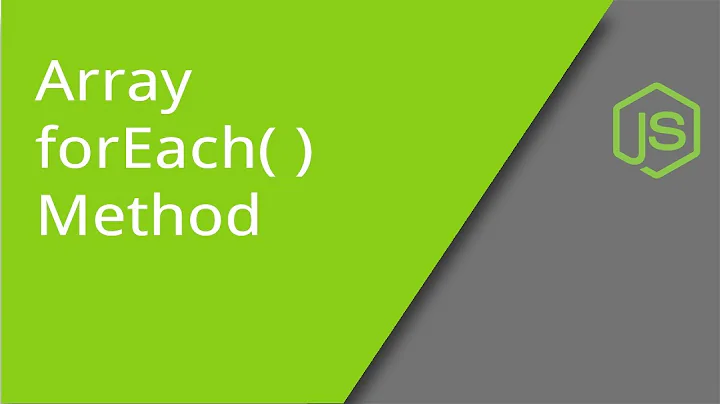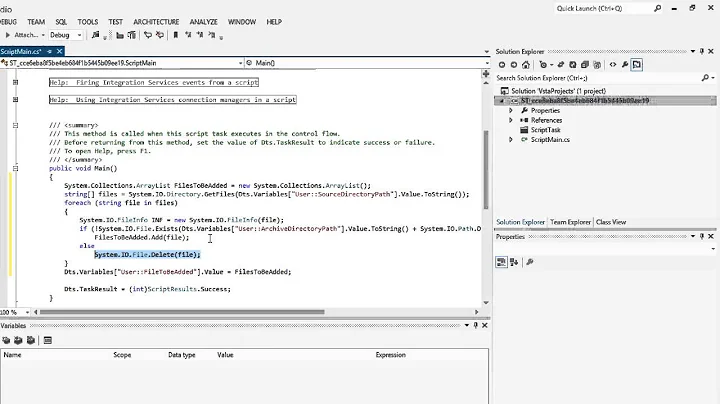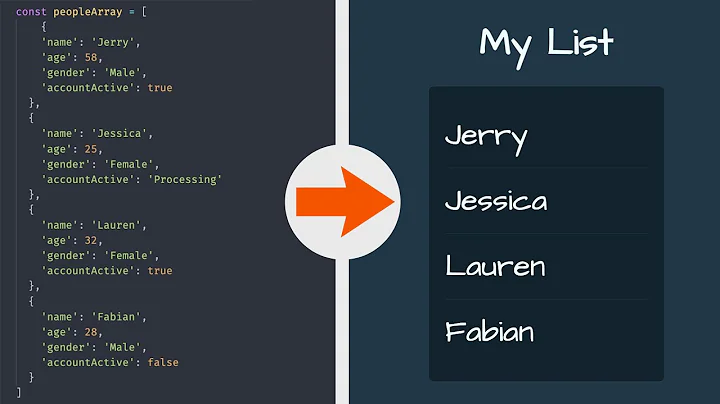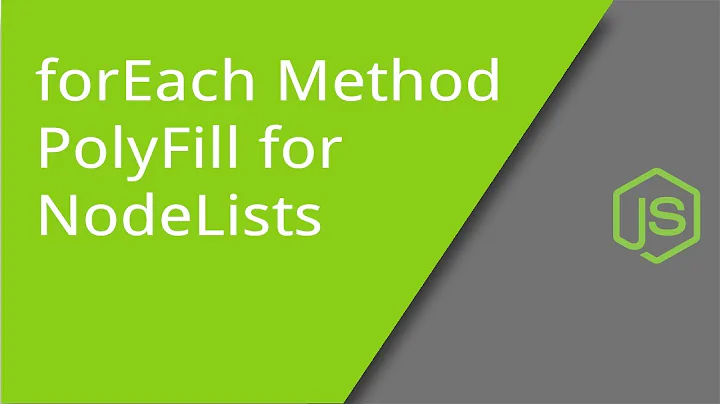foreach value in fetchall_arrayref
Solution 1
You should use fetchrow_hashref instead, and do each one individually. That will make it a lot more readable, and it does not affect performance form a database point of view.
while (my $res = $sth->fetchrow_hashref) {
print Dumper $res;
$sth2->execute($res->{ID_NUMBER});
}
If you wanted to do it with the fetchall_arrayref, it would work like this:
my $list = $sth->fetchall_arrayref({});
foreach my $res (@{ $list }) {
$sth2->execute($res->{ID_NUMBER});
}
Solution 2
What you have is a reference to an array of hash references.
Let's break this down:
$list is a _reference to an array. I I can _dereference it by putting the right dereferencing symbol before it. You can get the array by using @$list or @{ $list }. I like the latter one because it makes the fact it's a reference very clear.
for my $row_ref ( @{ $list } ) {
here be dragons... # We'll figure this out later...
}
The $row_ref is a reference to a hash. We can again get the hash by putting the % in front: %{ $row_ref }. Thus, we can use %{ $row_ref }{$key} to get the value. However, that syntax is hard to read. We can use the alternative -> which looks like this: $row_ref->{$key}. That's much easier to see. We also know that there's one key and the key is ID_NUMBER:
for my $row_ref ( @{ $list } ) {
print "ID Number: " . $row_ref->{ID_NUMBER} . "\n";
}
Or, if you weren't sure of the column names:
for my $row_ref ( @{ $list } ) {
for my $column ( sort keys %{ $row_ref } ) {
print "$column: " . $row_ref->{$column} . "\n";
}
}
If you're not familiar with references, read the Perl tutorial.
Related videos on Youtube
Comments
-
BluGeni over 1 year
I am trying to do a foreach loop for each value in my fetchall_arrayref and am having a bit of trouble.
I have:
my $list = $sth->fetchall_arrayref({}); print Dumper($list);which gives me:
$VAR1 = [ { 'ID_NUMBER' => '123' }, { 'ID_NUMBER' => '456' }, { 'ID_NUMBER' => '5666' }, { 'ID_NUMBER' => '45645' }, { 'ID_NUMBER' => '23422' } ];I am not sure how to format my foreach loop print each id_number's value. Eventually I want to run a query with each value but I can figure that out once I get this working.
Thanks for any help.
-
TLPShort method to extract values from that datastructure
my @vals = map values %$_, @$list
-
-
BluGeni over 10 yearsOh this is perfect thanks for the other method and I see what you mean. Makes a lot more sense and is easier to understand.
-
 simbabque over 7 years@chankey how did you even spot that? :D
simbabque over 7 years@chankey how did you even spot that? :D -
 Chankey Pathak over 7 years@simbabque: Haha! Just searched 'fetchall_arrayref' on Google and this appeared.
Chankey Pathak over 7 years@simbabque: Haha! Just searched 'fetchall_arrayref' on Google and this appeared. -
achahbar almost 6 yearshow can you make the ID_NUMBER the max amount of variables that you have in your array?
-
 simbabque almost 6 years@achahbar I don't understand your question. What do you want to do exactly?
simbabque almost 6 years@achahbar I don't understand your question. What do you want to do exactly? -
 simbabque almost 6 years@achahbar no, you misunderstand.
simbabque almost 6 years@achahbar no, you misunderstand.$res->{ID_NUMBER}means take the value that's in the column namedID_NUMBERin the database. There is nothing manual to do here. The code fetches a few rows of ids from one table, and then goes through each row. It makes another query for each of them. -
 simbabque almost 6 years@achahbar run this code in a fresh Perl file, you'll see what my example does:
simbabque almost 6 years@achahbar run this code in a fresh Perl file, you'll see what my example does:my @rows=({ID_NUMBER => 1}, {ID_NUMBER => 2}, {ID_NUMBER => 3}); foreach my $res (@rows) { print "SELECT foo FROM bar WHERE id=$res->{ID_NUMBER}\n"; }– this is a simplified version of the program above.












